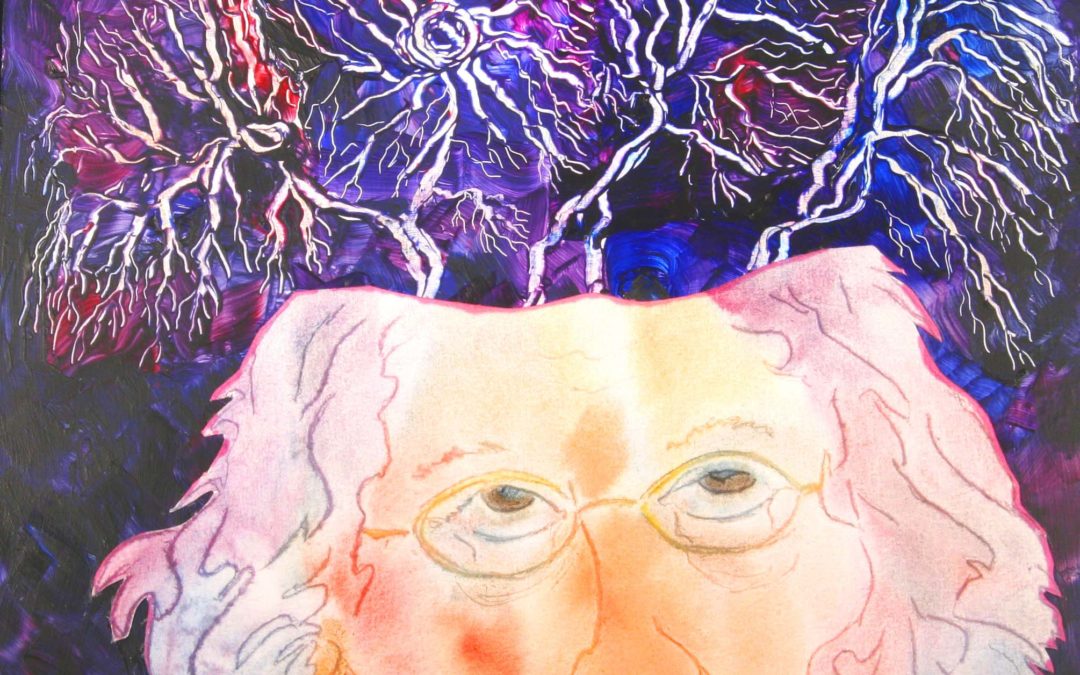Use it or lose it. If you don’t exercise, your muscles could atrophy. But the good news is that if you start to exercise, even at an advanced age, your capabilities can increase. You may even end up stronger than you were when you were younger. With regular exercise, you will have more energy and be less at risk of falling.
The same is true about your mind. As difficult as it is to lose some physical capabilities, it is even more serious to lose your mind. Alzheimer’s and other forms of dementia are associated with advanced age. But recent research suggests that education, work, and active leisure can slow down the loss of mental capabilities and postpone the symptoms of Alzheimer’s. New experiences of all kinds stimulate the brain: solving puzzles, learning a language, memorizing music or a poem, engaging in hobbies, volunteer activities, travel to new places, taking classes…
Some universities, like the University of Minnesota, permit those over 65 to take any class there in person for free, as long as there is space and you do not need the college credit. Some universities also offer MOOCs, Massive Open Online Courses, over the internet some without charge – so you don’t have to leave your home.
When we learn, we grow dendrites—these are the nerve connections in the brain. This happens when we’re old, as well as while we’re young. So if we keep learning, we grow dendrites. My wife, Lucy Rose Fischer, in her book, I’m New at Being Old, imagines that because she’s always learning, she grows lots and lots of dendrites—so she has dendrites, like tendrils, popping out of her head. (See her illustration with this blog.)
The old paradigm to describe the life stages was the three-boxes-of-life model. When you are young, you learn – so that you will have the tools to work and support yourself later on. Then there is the working stage of life where you earn a livelihood and support yourself and family. Finally comes the playing stage where you are rewarded for a lifetime of work by not having to learn anything or work.
Now we celebrate a more integrated life. We need to learn, work and play at all stages of our lives.
Just like physical exercise, mental exercise works best if you push yourself. Two activities with the best reputations for challenging your mind are learning a foreign language and learning a musical instrument. Yes, both of these are more challenging as you age because of the decline of some types of memory. But both of these may be more effective precisely because of their challenges.
You might believe that retirement is not a time for challenges or goals – that it is a time to relax and have fun. But learning is fun at all ages!
What makes you curious? What do you want to learn? How are you going to make your dendrites grow?

